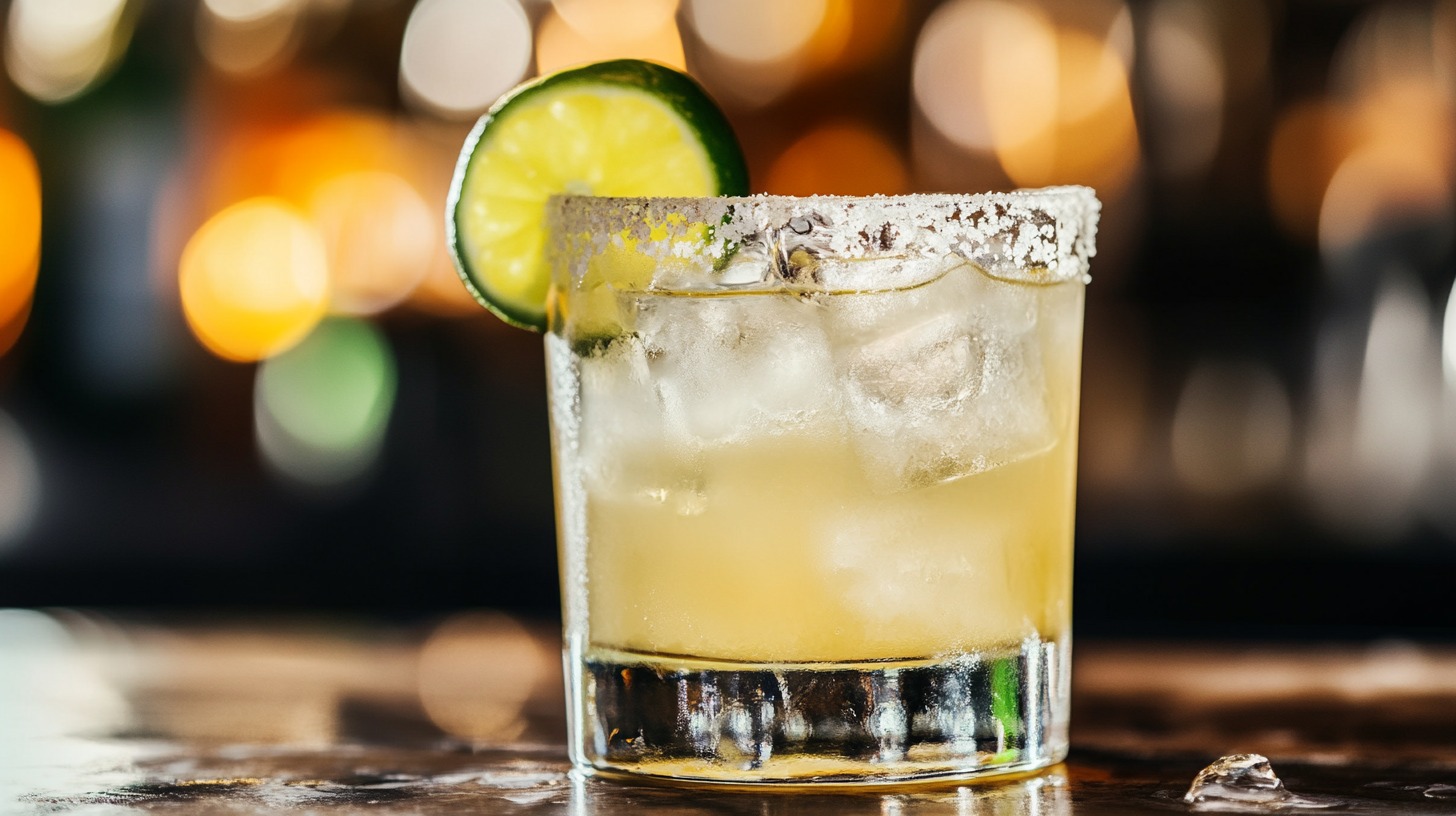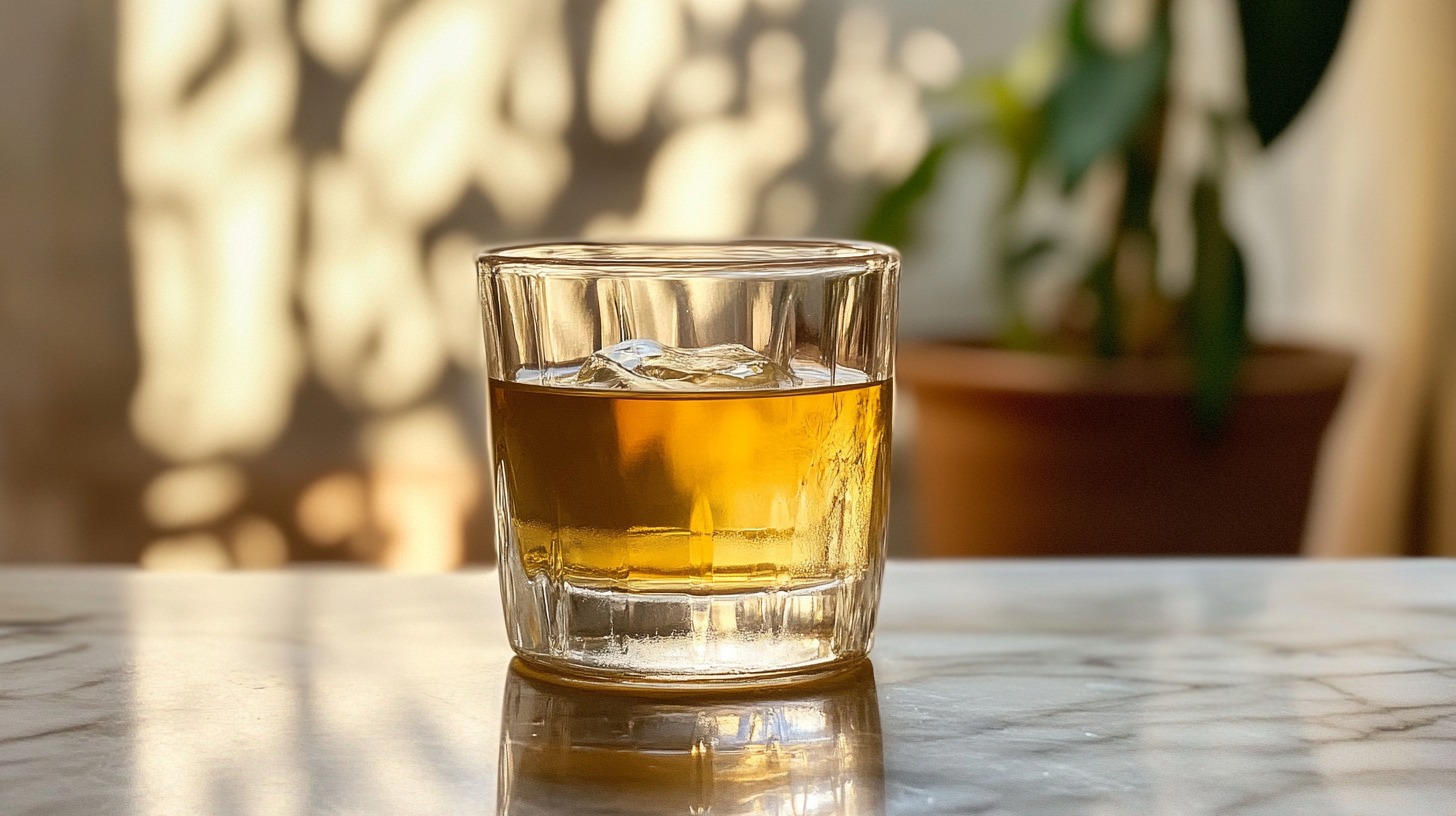Mezcal, a spirit steeped in tradition and history, holds a special place in the hearts of those who cherish Mexican culture.
Unlike its more commercially recognized cousin, tequila, mezcal is known for its artisanal production methods and deep connection to the land.
Its roots stretch back over 400 years to the early Mesoamerican civilizations, where the agave plant was not only a source of nourishment but also a symbol of sacred rituals.
The process of making mezcal, from harvesting wild agave to distilling it over an open fire, is as much an art form as it is a tradition passed down through generations.
Let us talk about it in greater detail.
What You Need to Know About the History of Mezcal
The history of mezcal is nothing short of fascinating, let us talk about it.
Early Origins
Tequila and mezcal both come from the agave plant, but for centuries, tequila has taken center stage, overshadowing mezcal.
Interestingly, some food and beverage historians argue that mezcal could be the first spirit ever distilled in the Americas, predating tequila by a significant margin.
However, there is no official consensus on this point.
Some historians suggest that indigenous tribes in Mexico and neighboring regions may have been distilling beverages before the Spanish arrived, while others dispute this claim.
- Mezcal production has strong historical ties to Oaxaca, Mexico, where 11 different varieties of agave—used to make mezcal—are native.
- Indigenous peoples in the Oaxaca region began distilling around 400 years ago, using methods introduced by the Spanish conquerors, and adapting these techniques with local ingredients.
- When Spanish settlers ran out of their imported liquor supplies, they turned to agave to create new spirits, as the Spanish Crown restricted the use of ingredients like sugarcane and grapes for distillation.
While tequila has become the more internationally recognized spirit, mezcal holds an essential place in Mexican cultural and culinary history, rooted in its early origins and traditional production methods.
The ‘Elixir of the Gods’

The agave plant plays a far deeper role than simply being the source of a popular beverage. It holds a spiritual and cultural significance that dates back to ancient times, embedded in the folklore of Oaxaca and surrounding regions.
Spiritual Connection: As a result, the drink became more than a refreshment, it was intertwined with rituals and spiritual practices, considered sacred by those who produced and consumed it. People often linked its consumption to honoring the gods or invoking blessings from a higher power.
An Economic Perspective
The Spanish conquest not only introduced new methods of production but also reshaped the economy of the region. When the conquerors settled in Mexico, their need for marketable goods led to the rapid development of agave-based spirits as a source of revenue.
One of the key reasons for the increased production was taxation. The Spanish sought to establish new revenue streams, and the drink quickly became a taxable commodity, contributing to the economic growth of colonial Mexico.
By the colonial period, reports from travelers indicated that knowledge of this agave-based spirit had spread throughout Oaxaca and beyond. Many early accounts focused on its potency, and stories of its strength traveled back to Europe. However, global awareness of the drink remained limited for centuries, confined largely to its place of origin.
The History of Mezcal Production
Over time, the production of this traditional spirit grew into a family business for many. In some regions, particularly in Oaxaca, it became a vital part of village economies, shaping local culture and commerce.
- Techniques for making the drink were passed down within families, with each generation preserving and refining specific methods.
- This continuity has led to some families producing the spirit for potentially hundreds of years, using ancestral methods.
As the drink became more popular, some producers began sharing their techniques with other families to increase output. This collaborative approach had several important impacts:
- It allowed for greater production, leading to more widespread availability.
- As production increased, it facilitated access to new markets, contributing to the beverage’s rise in popularity outside of Mexico.
This expansion wasn’t accidental or purely economically driven. Producers often shared knowledge with the intent of introducing the spirit to a global audience:
- Their goal was to make it accessible to people who might otherwise never have encountered it.
- Instead of restricting availability to Mexico, they sought to share this cultural tradition with the world.
Today, thanks to these efforts, the drink’s presence is no longer confined to its origins and has found enthusiastic consumers around the globe.
The History of the International Mezcal Festival
View this post on Instagram
The International Mezcal Festival has played a pivotal role in bringing this traditional Oaxacan spirit to a global audience.
Its inception highlights the deep cultural significance that this drink holds in Oaxaca.
- In 1997, key producers from Oaxaca collaborated to launch the first International Mezcal Festival. What started as a local event has since grown into an annual celebration, attracting visitors from all over the world.
- The festival typically spans 10 days, offering an immersive experience where guests pay an entrance fee to sample a wide variety of agave spirits from different producers.
- Attendees have the opportunity to taste a range of styles and varieties, much like how wine or whiskey tastings introduce participants to the complexities of those drinks. This experience allows guests to develop a deeper appreciation for the craftsmanship involved in creating agave spirits.
By sampling different brands and varieties, visitors come to understand how production techniques, such as the type of agave used, fermentation methods, and aging processes—can result in distinctly different flavors and characteristics.
The festival’s impact extends beyond brand awareness for local producers. It serves as an educational platform where attendees learn that agave-based spirits offer a rich and nuanced drinking experience.
It’s helping to push this traditionally Mexican drink onto the world stage, sparking what many believe could be a global revolution in the appreciation and consumption of this spirit.
The Bottom Line
As mezcal’s story continues to unfold, it stands as a powerful symbol of resilience, tradition, and cultural pride.
The dedication of mezcaleros, who often work under harsh conditions to create small batches using traditional methods, ensures that each bottle of mezcal represents more than just a drink, it embodies the rich history, terroir, and soul of Mexico.
The growing international demand is not only creating new markets but also encouraging a deeper appreciation for the craftsmanship and heritage behind the drink.
However, with its rising popularity comes the responsibility of preserving its traditions and protecting the environment in which it thrives.

